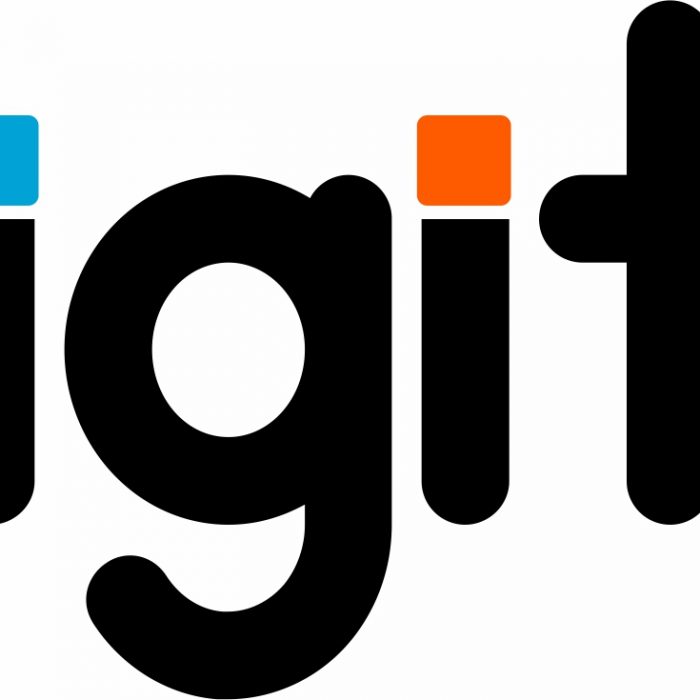
2021 - 2023
Erasmus+ KA2 Project
https://digitoolsproject.eu/
Digitools
Digitalisation of Training Contents for Secondary Schools
The Covid-19 pandemic is impacting heavily on education and training systems. In highly difficult circumstances, it has accelerated the digital transformation and triggered rapid, large-scale change. Covid-19 has demonstrated that digital education is not a marginal issue but a central component of learning, teaching and assessment in the 21st century. In this context, digital competence should be a core skill for all educators and training staff and should be embedded in all areas of teacher professional development, including initial teacher education. Educators should be empowered to adopt innovative methods; engage in peer learning and share their experiences. A trusted digital education ecosystem requires high-quality content, user-friendly tools, value-adding services and secure platforms that maintain privacy and uphold ethical standards. Accessibility, inclusiveness, and learner-centred design are vital.
Digitools project aims to contribute the development of European digital educational content to promote the highest pedagogical and educational quality and improve the digital teaching skills and competences of teachers. Raising the quality and inclusiveness of education and training systems and the provision of digital skills for all during the digital transitions is of strategic importance for the EU Digital Education Action Plan (2021-2017) (DEAP). The Digitools project aims to develop the competencies and capacities of all stakeholders in education, students, parents, teachers and school leaders.
With these purposes, we will develop 4 intellectual outputs:
1) My Digital Class
2) Assessment and Evaluation Compass
3) Teachers as Mentors Guidebook
4) White Paper: Recommendations for Capacity Building in Digital Education
With the products developed in the Digitools project:
-The skills and competences of teachers to design and deliver digital training who teach Science, Mathematics and English at middle level will be developed. They will be provided with ready-made digital training materials and digital assessment tools for the selected classes.
-The digital mentoring skills of teachers will be developed to motivate their students to learn through digital education.
-Students studying in the first year of secondary school will be provided with digital training for Science, Mathematics and English classes and a platform based on gamification so that they can reach their classes everywhere. Their skills to learn digitally will be improved.
-Training organisations, institutions, and decision makers will be provided with recommendations on how to promote digitalisation in their organisations.
-Parents will be provided with a roadmap on how to contribute to the learning of their children.